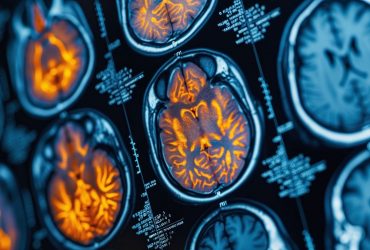Significantly greater benefit on global cognition seen for structured versus self-guided intervention over two years
Participants with LLMDs more likely to be tau PET- and amyloid β PET-positive compared with healthy controls
About half of physicians would consider euthanasia as a good or very good option in a scenario of advanced cancer or Alzheimer disease
Elevated midlife cortisol linked to increased amyloid deposition in the brain
Elevated Aβ status disclosure linked to modest decrease in anxiety and motivation to change lifestyle
Overall, 79 percent of Americans would want to know if they had Alzheimer disease before experiencing symptoms or before symptoms interfere
Cardiovascular Risk Factors, Aging, and Incidence of Dementia score linked to all cognitive measures in Wave IV (age 26 to 29 years)
Associations seen between less short wave sleep and rapid eye movement sleep with smaller inferior parietal region volumes
Antimicrobials, vaccines, anti-inflammatories linked to reduced risk for Alzheimer disease and dementia; antipsychotics and diabetes drugs tied to higher risk
Clinical practice guideline also presents recommendations for specialist care and primary care of patients with Alzheimer disease, dementia









